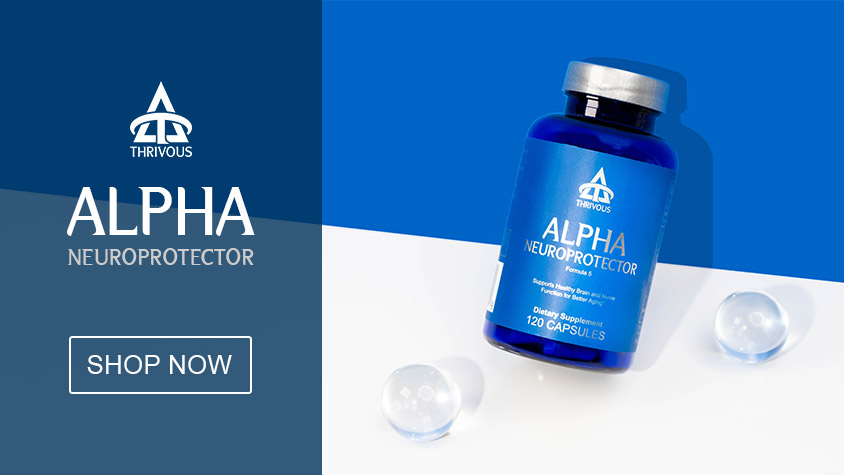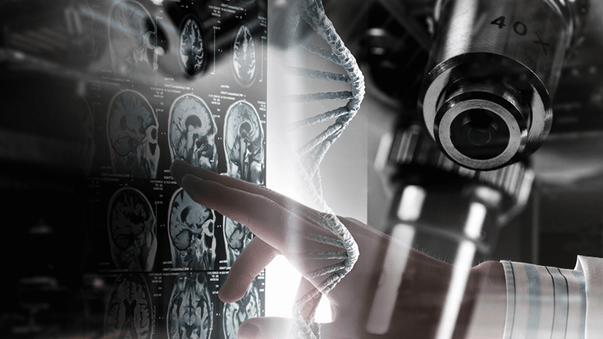Dr. Parker on the Complexity of Real Nutrition

I am a Nutritional Scientist. What exactly this means is not clear to most people I talk to, so it is usually the first thing I explain. After that is clear, I like to share interesting current thinking that is relevant to the person, right then in their lives. Especially sharing things that they had never considered, but which give them reason to stop and think, and make a change. That is where I will start with you too.
Nutritional Science
First, what is a Nutritional Scientist? How is it different than a food scientist, a Registered Dietitian, or a nutritionist?
A Nutritional Scientist has an advanced degree, usually a Ph.D., and studies the how and why of nutrition in school. They study both the fields of chemistry and biochemistry, or how molecules interact and function in the body, and physiology, or how the body works on a very detailed level. With the combined understanding of these two fields, a nutritional scientist can tell you, with a very deep understanding of how and why, what happens after you put something in your mouth. That means they also understand what you should put in your mouth!
A food scientist does not usually have an advanced degree. They make the products you eat, so they are focused on what happens before you put something in your mouth.
A Registered Dietitian goes through a rigorous undergraduate program and must pass a national exam, but does not require an advanced degree. They work in the practical world of food, what you should eat in a hospital, or if you have diabetes, for example. They study a little of the why and how, but don’t go very deep in the study of those areas.
Finally, a nutritionist is anyone who eats and wants to call themselves a nutritionist. Be wary of anyone who calls themselves a nutritionist without credentials to back it up; they often give incomplete or confusing information. For example, a doctor or chiropractor or trainer has no deep understanding of nutrition, yet they often offer it. Just as I am wise enough not to give you medical advice, a good physician should be wise enough to refer dietary questions to a dietitian or nutritional scientist. A trainer may be able to give you good exercise advice, but you should be wary about their nutrition advice. I’ve seen some unfortunate recommendations in both of these areas, though most of it with good intent.
With that introduction, I hope that you feel you can now trust what I have to say. I am here to teach you good information about nutrition. It should be useful and applicable immediately, hopefully guiding your health and wellness choices in such a way that your lifestyle changes slowly, but permanently, in the right direction.
That One Food
As a new contributor to Thrivous, my first topic is one that I frequently explain to people when they ask me this common question: What one food should I eat more of to be healthy? Or, what specific foods do you eat, as a nutritional scientist, to stay healthy?
My answer is not the easy fix they are usually looking for. Most “nutritionists” will list their favorite health food, or the latest trend, or something they have recently heard about. Most of the time these are not bad recommendations and would probably be a healthy choice. But I want to introduce the value of complexity and why my answer will be different.
Put simply, our bodies are complex, and eating something that helps one type of cell or tissue or organ doesn’t always help another type. Likewise, we metabolize different things in different ways in different cells. So we need to consider how to target areas of the body in the right way to maintain health.
I will divide how I apply this concept into two categories: eating food and taking supplements.
Eating Food
When you consider your diet, my answer to the question of "what should I eat to be healthy" is: As much variety of fruits and vegetables as you can. For example, one of Dr. Parker’s rules is simple: fruit with breakfast and as a snack, vegetables with lunch and dinner. As simple as this sounds, it still takes effort, though I am much better at it now than I was a decade ago. My breakfast fruit is different than my snack fruit, and my lunch vegetable is different than my dinner vegetable.
The reason is that my body will best benefit by getting all the rich plant chemistry, or phytochemistry, that I can possibly provide it. My food is designed to treat my whole person, and the valuable part of food is not the fat, carbs or protein; we need a certain amount of those certainly, but they are easy to obtain for most people. The hard part is eating the stuff that really helps your body heal and maintain itself; in other words, all the other stuff in plants.
The table below illustrates this principle. After you look over this chart, how can you choose just one? Which one should you choose? The right answer is that you should choose as many as you can, as often as you can. All of the epidemiological research in nutrition has shown that the people that get the fewest diseases, are those that eat the most variety of fruits and vegetables, consistently in their lives. I may spend some more time telling you more about these studies in a future article.

Taking Supplements
With supplements, I look for products that have a specific target, and attack that target from many angles, because even if the target is narrow, say, mental health, you are still needing to serve very complex cells and cell systems. All of us have needs that are specific, where we need additional support, at different points in our lives, either short or long term.
Let’s take Alpha Neuroprotector for example. When I first reviewed this product and its ingredients, I was impressed. It was designed with the intent to target various aspects of the cell. Alpha-GPC and phosphatidylcholine are great supporters of the cell membranes. The structure of the brain uses these ingredients in a more significant way than other cell types in the body. ALCAR is a key part of the energy transfer mechanism in cells that affects how efficiently those cells work. The brain is a very energy intensive organ. Alpha lipoic acid is a great protector of cells in its ability to support the antioxidant systems in the cell, keeping the cells from taking damage from metabolic error and outside influences. Finally, ginkgo has been well studied for its support of mental health, probably through protective mechanisms provided by the flavones and terpenes it provides.
The most important point is that this product was designed to target the whole nature of the need it is intended for. It fills very well the job that you would “hire” it to do by taking it.
Real Nutrition
I hope this has been a helpful introduction to real nutritional science, and piqued your interest. I look forward, in future articles, to diving further into some of the interesting studies out there: both those that I have done myself, and those of other researchers that are bringing real understanding and clarity for your life, on how to be well for life.
More Articles
Read more articles at Thrivous, the human enhancement company. You can browse recent articles in Thrivous Views. See other Geroprotectors or Nootropics articles. Or check out an article below.
-
Futuristic Medicine for Healthy Life
Many biotech and health sciences news items released last week indicate that advanced biomedical research is advancing on all fronts, ...
-
Consumer Reports Is Wrong About Memory Supplements
I'm generally a fan of Consumer Reports, but sometimes they make mistakes. Their most recent mistake is in the form ...



